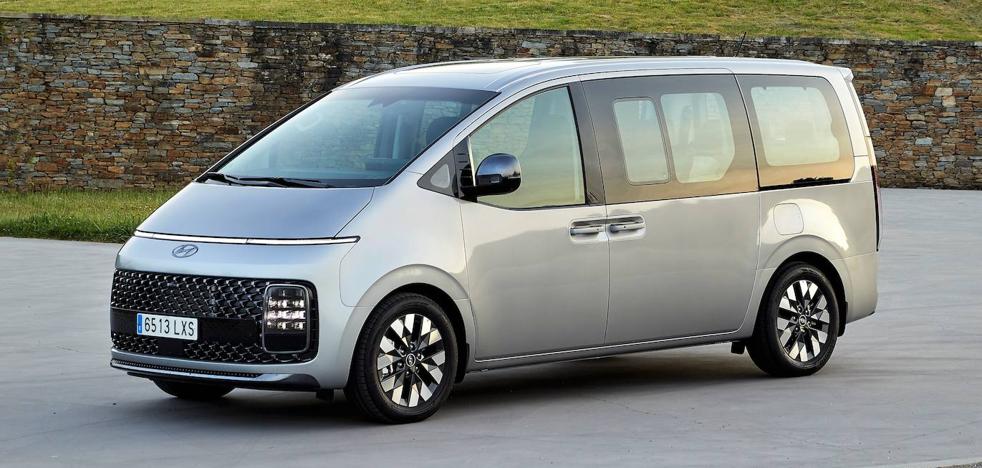From Faconauto, they hope that the future sustainable mobility law will help the government restore the initiative and work with the industry to get out of the current immobility
The employers’ organization of the dealers does not expect a recovery in the automotive sector for the coming financial year. From Faconauto, they believe that the situations that have affected vehicle sales in 2022
they will not be overcome any time soonmainly the problem of supply, due to a lack of stock that has determined the activity of dealers.
According to the chairman of this business association, Gerardo Pérez, the prognosis is to close this year with a number
from 820,000 to 830,000 registered units, depending on how the statistics evolve in the remaining working days of December. Through the 18th, the market was down 28%, with 46,416 units placed.
The forecasts do not take into account a break in the car market for 2023 and predict that registrations in Spain will only grow by 5% compared to this year, remaining around 870,000 units. This uncertain scenario could improve slightly, another 10%, if the bottlenecks in vehicle production are somewhat resolved, reaching 960,000 registrations.
During the traditional Christmas meeting with the media, those in charge of the dealer association predicted that the price of fuel and of the vehicles themselves will be conditions
that will continue to mark the future of the market. Similarly, the current context of high inflation, rising interest rates and household uncertainty will continue to weigh on the Spanish people’s ability to consume, especially for the fourth consecutive year.
Gerardo Pérez has judged the future
Sustainable Mobility Actwhich the government approved and sent to the Cortes on December 13, as a new opportunity to break out of the stagnation that our country suffers in the development of the electrification of the park “and to integrate the private vehicle into a mobility and transport strategy broader and more ambitious, which Spain lacks».
In this sense, he believes that the government “should regain the initiative and
work with the car to implement public policies that avoid the current halt to the electrification of mobility and seek solutions to the strong market crisis. Without these measures, employers warn, the sector’s competitiveness will be seriously jeopardized and a dynamic of job losses could ensue.
Specifically, they ask
that the necessary levers are activated to rescue “the massive lack of publicly accessible electric charging infrastructure and the inefficient management made of the resources allocated to the purchase of zero-emission vehicles”.
In addition, they believe that Spain’s lack of effective taxation in the field of mobility could negatively affect the future application of the law.
In this line, Faconauto has requested that
sustainable mobility is related not only to electrification but also to the decarbonisation of the car fleet, which is why it has proposed to complement the current design of incentives for zero-emission vehicles with others for the purchase of new and used vehicles up to one year old, taking into account with CO2 emissions and environmental label.
Source: La Verdad
I am Ida Scott, a journalist and content author with a passion for uncovering the truth. I have been writing professionally for Today Times Live since 2020 and specialize in political news. My career began when I was just 17; I had already developed a knack for research and an eye for detail which made me stand out from my peers.



